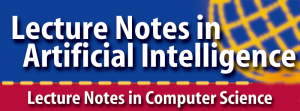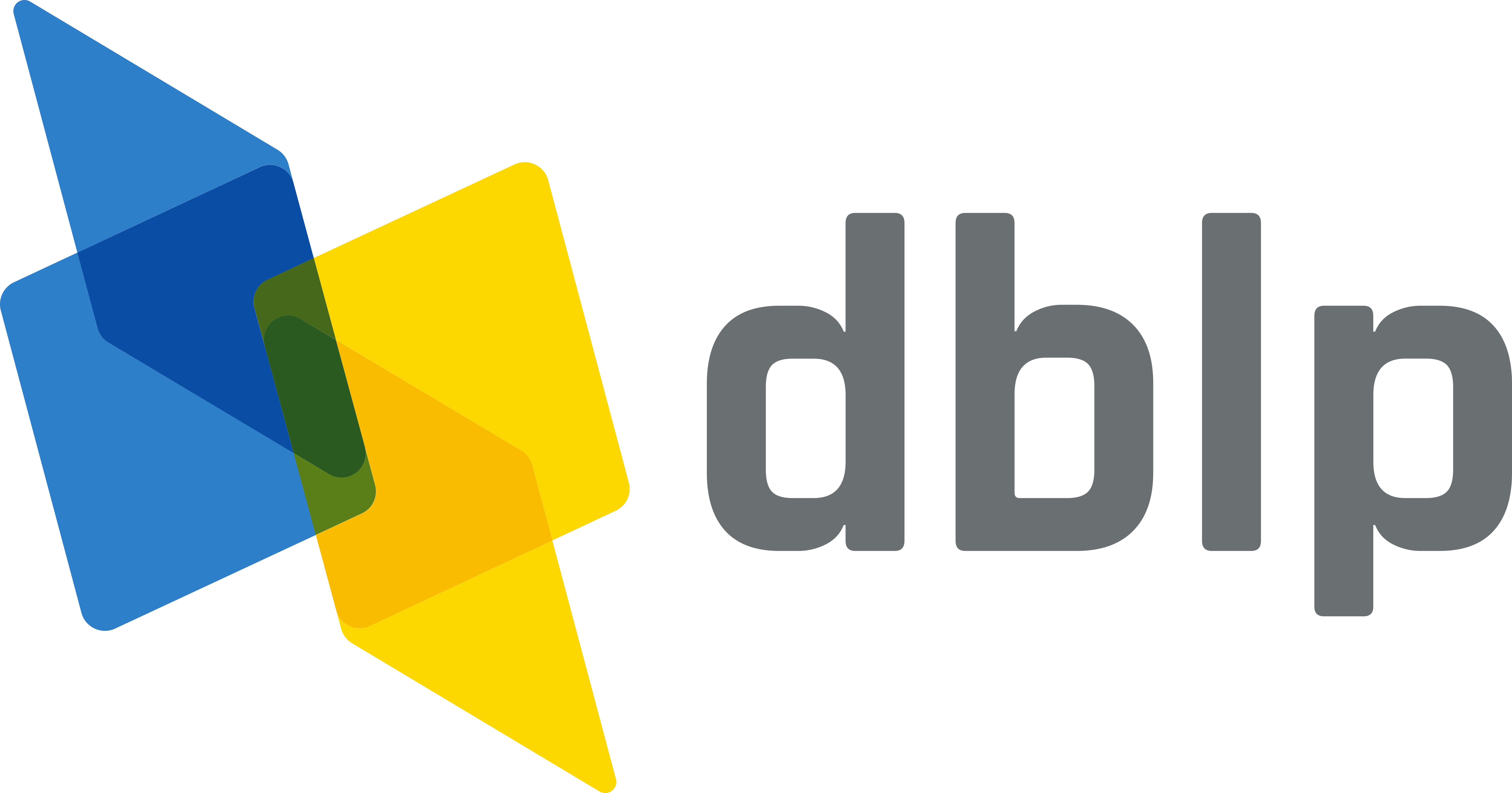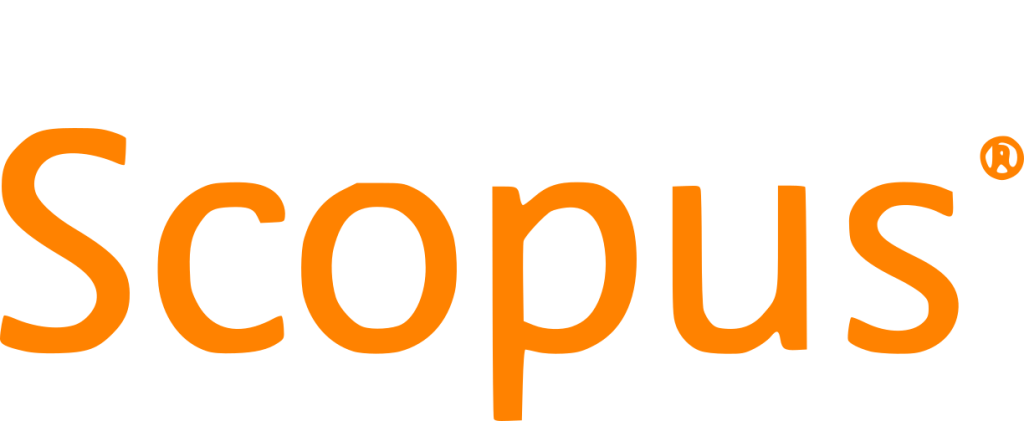The EPIA 2025 international conference
Natural Language Processing, Text Mining and Applications
(NLP-TeMA)
Thematic track of the 24th Portuguese Conference on Artificial Intelligence (EPIA 2025)
October 1-3, 2025, Faro, Portugal.
Webpage: https://epia2025.ualg.pt/
Nearest deadline
|
Notification of paper acceptance: |
July 4, 2025 |
Important dates
|
Camera-ready papers deadline: |
July 14, 2025 (AoE) |
|
|
Early registration deadline: |
July 18, 2025 (AoE) |
|
|
Late registration deadline: |
August 14, 2025 (AoE) |
|
|
Conference: |
October 1-3, 2025 |
Proceedings and presentation
- Accept papers will be included in the conference proceedings as long as at least one author is registered in EPIA 2025 by the deadline of early bird registration.
- EPIA 2025 proceedings are indexed in Thomson Reuters ISI Web of Science, Scopus, DBLP and Google Scholar.
Introduction
The Track of Natural Language, Text Mining and Applications (NLP-TeMA 2025) is a forum for researchers working in Human Language Technologies, i.e. Natural Language Processing (NLP), Computational Linguistics (CL), Natural Language Engineering (NLE), Text Mining (TM), Information Retrieval (IR), and related areas.
The most natural form of sharing knowledge is indeed through textual documents. Especially on the Web, a huge amount of textual information is openly published every day, on many different topics and written in natural language, thus offering new insights and many opportunities for innovative applications of Human Language Technologies.
Following advances in general AI sub-fields such as NLP, Machine Learning (ML) and Deep Learning (DL), text mining is now even more valuable as tool for bridging the gap between language theories and effective use of natural language contents, for harnessing the power of semi-structured and unstructured data, and to enable important applications in real-world heterogeneous environments. Both hidden and new knowledge can be discovered by using NLP and Text Mining methods, at multiple levels and in multiple dimensions, and often with high commercial value.
Topics of interest
Theories, Algorithms and Models:
- Language and Cognitive Modeling
- Tagging, Chunking and Parsing
- Morphology and Word Segmentation
- Natural Language Generation
- Discourse and Pragmatics
- Semantics and Text Inference
- Language Resources: Acquisition and Usage. Lexical Knowledge Acquisition
- Entailment and Paraphrases
- Entity Recognition and Word Sense Disambiguation
- Natural language understanding
- Language modeling
- Mathematical Properties of Language
- NLP for Low-Resource Languages
Text Mining and NLP Applications:
- Text Clustering, Classification and Summarization
- Sentiment Analysis and Argument Mining
- Computational Social Science
- Multi-Word Units
- Machine Learning for NLP and Text Mining
- Spatio-Temporal and Big Text Mining
- Machine Translation and Cross-Lingual Approaches
- Algorithms and Data Structures for Text Mining
- Information Retrieval and Information Extraction
- Question-Answering and Dialogue Systems
- Text-Based Prediction and Forecasting
- Web Content Annotation
- Health/Biomedical/Legal and other Text Mining Applications
- Offensive Speech Detection and Analysis
Organizing committee
- Joaquim Silva, DI – FCT/UNL, Portugal
- Pablo Gamallo, Universidade de Santiago de Compostela, Spain
- Paulo Quaresma, Universidade de Évora, Portugal
- Irene Rodrigues, Universidade de Évora, Portugal
- Alípio Jorge, Universidade do Porto, Portugal
Programme committee
- Sérgio Nunes, INESC TEC and Faculty of Engineering, University of Porto
- Miguel A. Alonso, Universidade da Corua
- Manex Agirrezabal, University of Copenhagen
- Mário J. Silva, INESC-ID, Instituto Superior Técnico, Universidade de Lisboa
- Isabel Trancoso, INESC ID Lisboa / IST
- Jesús Vilares, Universidade da Coruña, Centro de Investigación CITIC
- Bruno Martins, IST and INESC-ID – Instituto Superior Técnico, University of Lisbon
- Marcos Garcia, Universidade de Santiago de Compostela
- Gaël Dias, Normandie University
- Francisco Couto, University of Lisbon, Faculty of Sciences
- Eric De La Clergerie, INRIA





